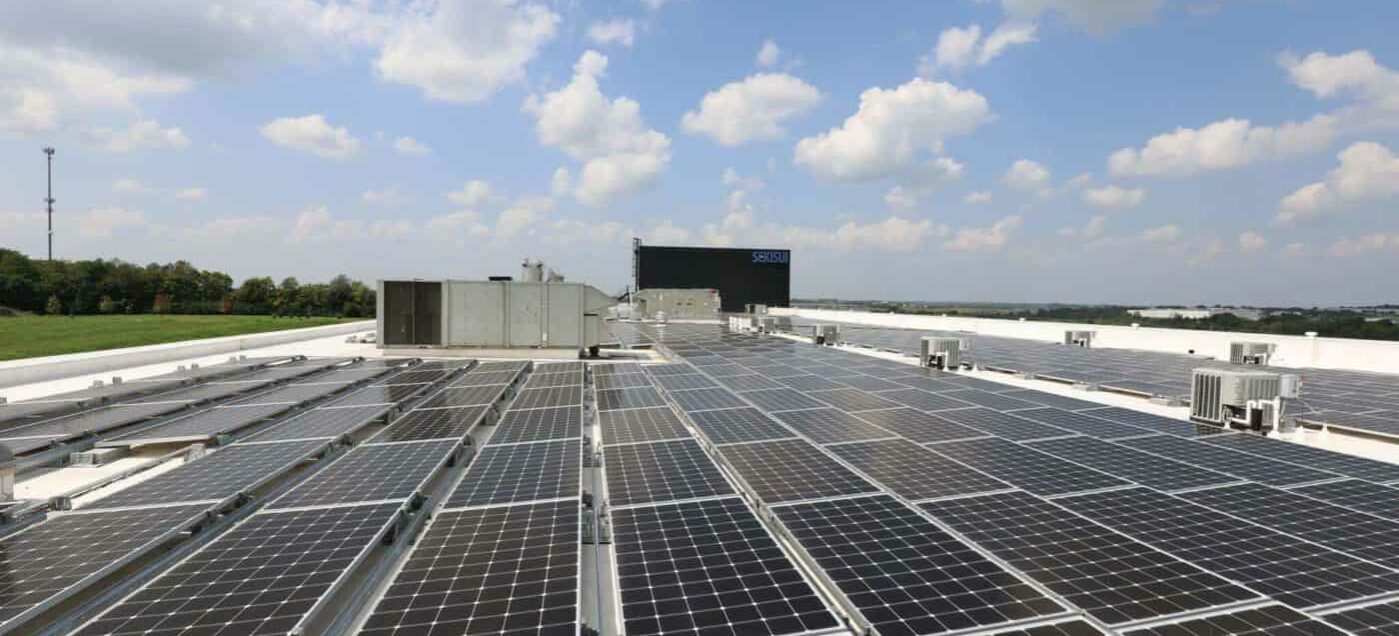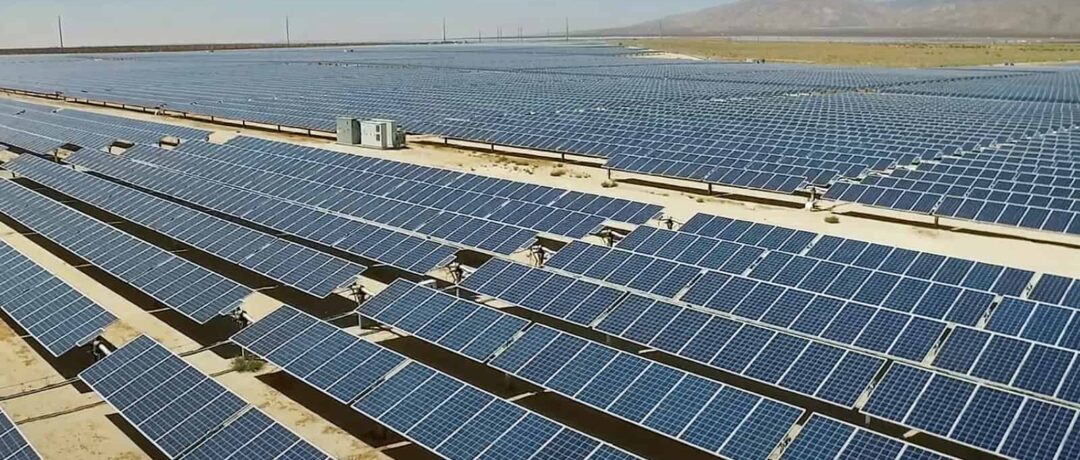Winter is a wonderful time of the year for most people around the world. It provides an opportunity to cuddle and spend more quality time with your family. But as the snow piles up, you might ask yourself one simple question — will solar panels work with snow on them?
Fortunately, we’re here to answer that question and more. So grab a warm cup of cocoa and keep reading as we shed some light on winter and how it affects solar panels!
Can Solar Panels Work When Covered in Snow?
Generally speaking, as the temperature drops below 77 degrees Fahrenheit, your solar panels’ voltage increases, and so does their performance. But, once snow starts to accumulate, that power will slowly drop.
Luckily, your solar panels don’t stop working until there’s a thick layer of snow blocking the entire module. In other words, you should only worry about reduced performance during heavy snowfalls, which are rare in most parts of the United States. Additionally, since installers tend to tilt modules at an average angle ranging between 15 and 60 degrees, the wind will clear off most of the snow in a matter of minutes.
What’s interesting about snow is that it can actually boost your panel’s productivity. That is a great benefit for systems with AC modules, DC optimizers, and microinverters, as they can go into full production even while some modules remain buried in snow.
Is There Any Other Danger?
Apart from reducing the overall productivity of your system, snow can actually damage your solar panels. In fact, depending on the specifics of your panels and frame, snow can push them off the roof. But, in most cases, the frame will fail before the panels due to poor design or improper installation.
Usually, solar panels can hold a couple of hundred pounds each. However, you should always check your model and the specifications. Keep in mind that snow can be quite heavy, weighing up to 40 pounds per cubic foot. Yet, a properly pitched solar panel should allow heavy snow to slide right off of it.
Snow Guards and How They Can Help
Since solar panels are slick, they don’t offer too much friction for the snow that collects on them. Therefore, as mentioned above, snow can slide off the panel. Sure, that might be beneficial for your solar production. But falling snow can hurt passersby or the landscaping below.
As a result, many homeowners prefer to install snow guards. These devices are added to solar panel arrays and are designed to hold back large amounts of snow. With a guard, snow won’t slide off your panels and will instead slowly melt without damaging your system. They are vital for areas that experience several feet of heavy snowfall throughout the cold season.
But Can’t I Just Clean My Own Panels?
Cleaning solar panels is a controversial topic that divides most experts. On the one hand, if your system is mounted on the ground or in a similarly accessible area, it may be worth brushing off the snow. On the other hand, you shouldn’t risk climbing on your roof to remove snow, as that can put your life in danger. You could even end up damaging your panels, rendering them useless.
But if you really deem it necessary to get rid of snow from your panels, you can contact a local cleaning company. They’ll have the proper equipment and training to handle the job without hurting themselves or damaging your property.
Let it Snow!
Just because you live in an area that experiences regular snowfall doesn’t mean you shouldn’t switch to solar. Thanks to their modern technology, solar panels can actually benefit from low temperatures and snow’s reflecting properties.
Even though snowfall and overcast skies can reduce your energy production, they won’t leave your home without power. And don’t forget that you can always plan around snow by adjusting the size and tilt of your solar energy system accordingly. Remember that while snow can be a nuisance, it’s worth it considering the many benefits of this amazing technology.
So be sure to talk with your solar installer or contact Atlantic Key Energy if you have any more questions regarding snow and your solar panels!
What Else to Know About Solar Panels
How do Solar Panels Preserve My Roof from Weather?
What Happens to my Solar During Natural Disasters?
Can Solar Panels Exceed Their Shelf Life?





